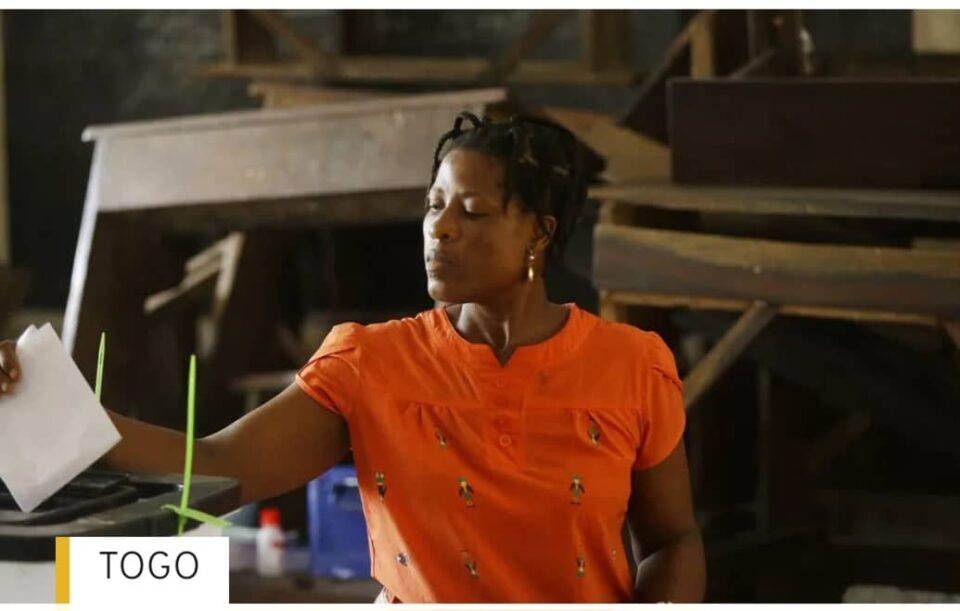

Togo is holding municipal elections today, the first since the constitutional reform adopted in 2024. Approximately three million registered voters are expected to elect representatives across the country’s 117 municipalities.
This election takes place within the context of a significant institutional change. In May 2024, Togo transitioned from a presidential to a parliamentary system. Under the new structure, the presidency has become largely ceremonial with a two-term limit, while a new executive role, President of the Council of Ministers, was established.
In May 2025, Faure Gnassingbé was appointed to this new position as leader of the parliamentary majority. The position carries executive responsibilities and has no term limit. Several opposition parties, including the Democratic Forces for the Republic and the National Alliance for Change, as well as civil society groups, have expressed disagreement with the reform. Demonstrations were held on July 16 and 17 in various parts of the country.
Togo’s National Assembly has stated that the appointment of Mr. Gnassingbé was made in accordance with the new constitutional framework. Faure Gnassingbé has led Togo since 2005, following the tenure of his father, Gnassingbé Eyadéma.
Today’s municipal elections are being held under increased security measures. The results are expected to provide insight into voter turnout and the current political landscape of the country.
Emebet Asefa, Correspondent, Addis Ababa




